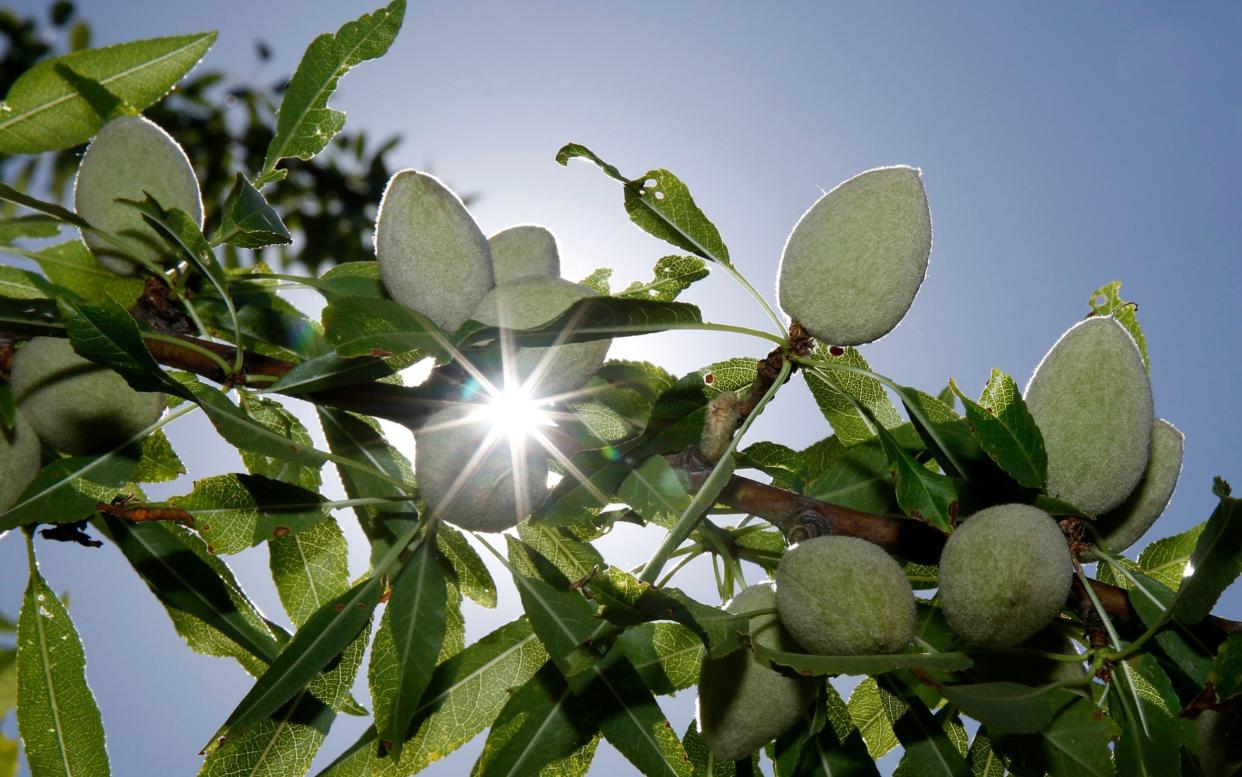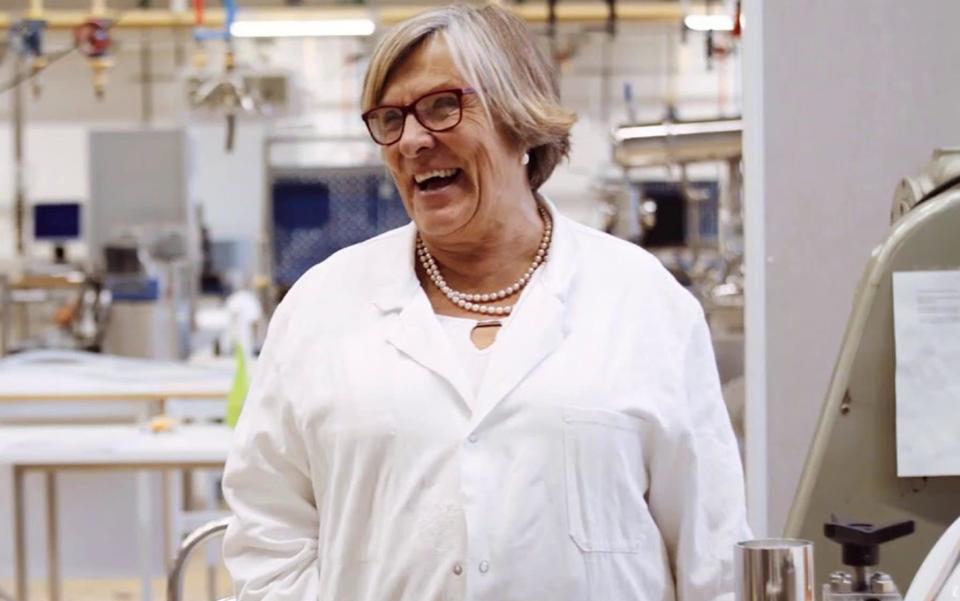Nuts to almond milk – it’s time for a potato-based pint

Move over, almond milk – a university has developed a potato alternative which it claims is less harmful for the environment.
Scientists at the University of Lund, in Sweden, developed the product after research revealed that potatoes use 56 times less water than growing almonds.
Prof Eva Tornberg, who headed the creation of the drink, known as "Dug", added rapeseed oil, chicory fibre, pea protein and natural flavourings to a base made from potatoes.
The product does not contain lactose, sugar or gluten and provides vitamins such as folic acid, B12 and vitamin D, according to Thomas Olander, the chief executive of Veg of Lund, the start-up company planning to manufacture the drink.
It comes in three flavours – varista, original and unsweetened – and won the best allergy-friendly product category at the recent World Food Innovations Awards.

Veg of Lund claims the potato milk can be used wherever dairy milk is used, from baking and cooking to making lattes and cappuccinos.
Mr Olander said: "We have a good product that we are proud of. Our choice to use potatoes as a base means we have a super-sustainable drink. Potatoes don't need much water to grow at all compared to others like soybeans, almonds or oats, not to mention dairy products."
Earlier research has found that almonds require more water than any other dairy alternative, consuming 130 pints to produce a single glass of almond milk.
Satisfying demands for larger almond crops has also put pressures on US commercial beekeepers. Nearly seven per cent of commercial bees in the US are drafted every spring to pollinate almonds. In 2018, a record number – over one-third – died by season's end as a result of these pressures and other environmental threats.
A study by the Universidade Federal de Minas Gerais last July found that up to one-fifth of Brazil's soya exports to the European Union may be "contaminated" by illegal deforestation.

